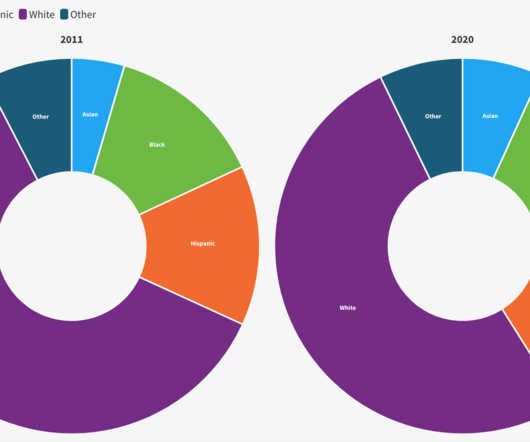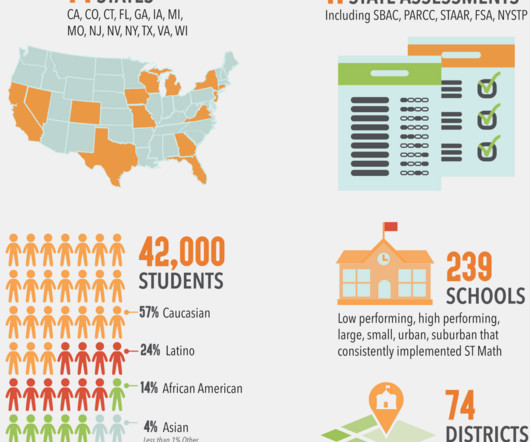PROOF POINTS: New higher ed data by race and ethnicity
The Hechinger Report
FEBRUARY 20, 2023
Students’ race and ethnicity affect their chances of earning a college degree, according to several new reports on higher education released in January and February 2023. Before the pandemic, white, Black and Hispanic Americans were enrolling in college at about the same rates, especially when unemployment was high and jobs were hard to find.


























Let's personalize your content